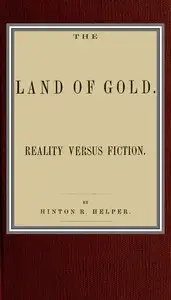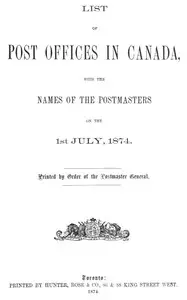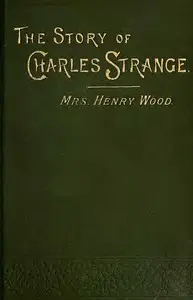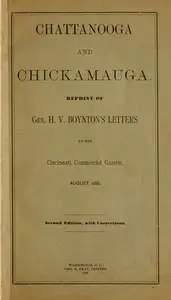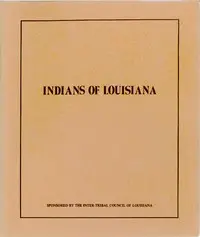"The Impending Crisis of the South: How to Meet It" by Hinton Rowan Helper is a socio-political treatise written in the mid-19th century. The book addresses the economic inefficiencies and moral failures of slavery, particularly focusing on its detrimental effects on non-slaveholding whites in the Southern states. Helper seeks to incite a sense of urgency among his fellow Southerners to confront and abolish the institution of slavery, which he argues is the root cause of the region's stagnation and dependency on the North. The opening of the work sets the stage for Helper's argument by inviting Southern readers, especially non-slaveholders, to seek justice and rethink their allegiance to slavery. Helper emphasizes that his motivations are rooted not in personal grievances against slaveholders or racial sentiments, but in a desire for economic reform that would elevate the South to a more honorable position globally. He outlines his plan to provide factual comparisons between the productivity of free and slave states, showcasing how the latter has hindered economic growth and innovation. Helper acknowledges the personal risk involved in his candid assertions, but maintains that the pursuit of freedom and liberty requires a resolute stance against the institution of slavery. (This is an automatically generated summary.)
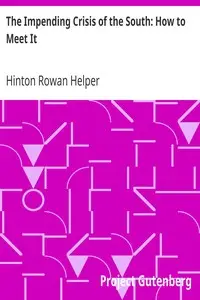
The Impending Crisis of the South: How to Meet It
By Hinton Rowan Helper
"The Impending Crisis of the South: How to Meet It" by Hinton Rowan Helper is a socio-political treatise written in the mid-19th century. The book add...
Hinton Rowan Helper, from North Carolina, was a writer, abolitionist, and white supremacist. In 1857, he published a book that he dedicated to the "non-slaveholding whites" of the South. Titled The Impending Crisis of the South: How to Meet It and written partly in North Carolina but published when the author was in the Northern United States, it argued that slavery hurt the economic prospects of non-slaveholders and was an impediment to the growth of the entire region of the South. Anger over his book due to the belief he was acting as an agent of the North attempting to split Southerners along class lines led to Southern denunciations of "Helperism."


